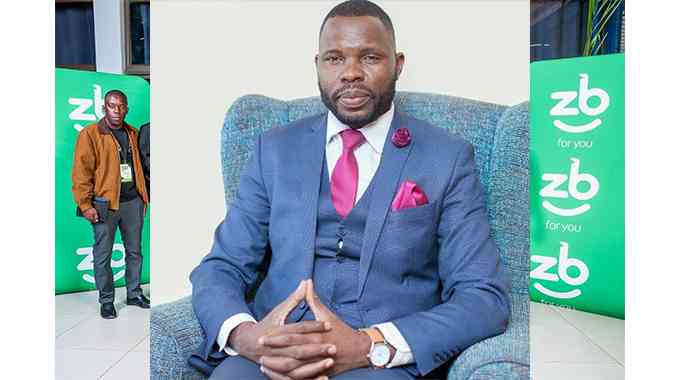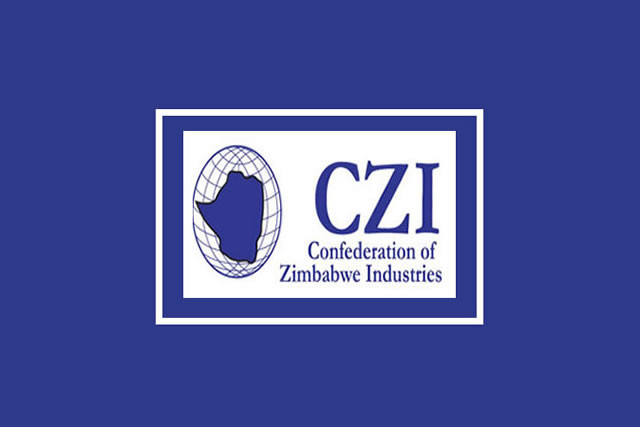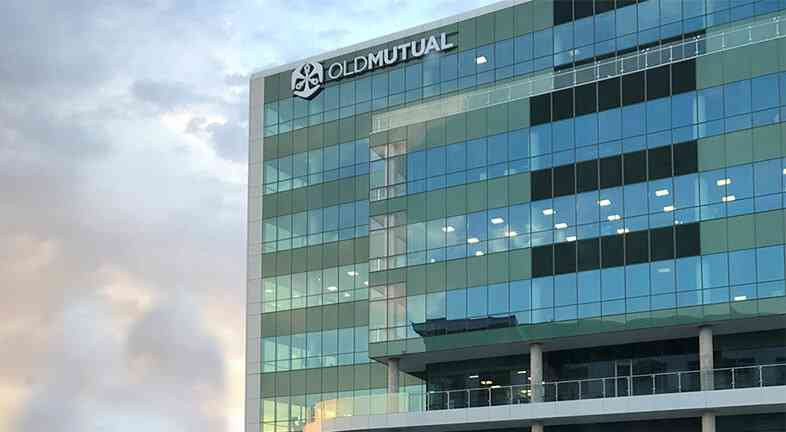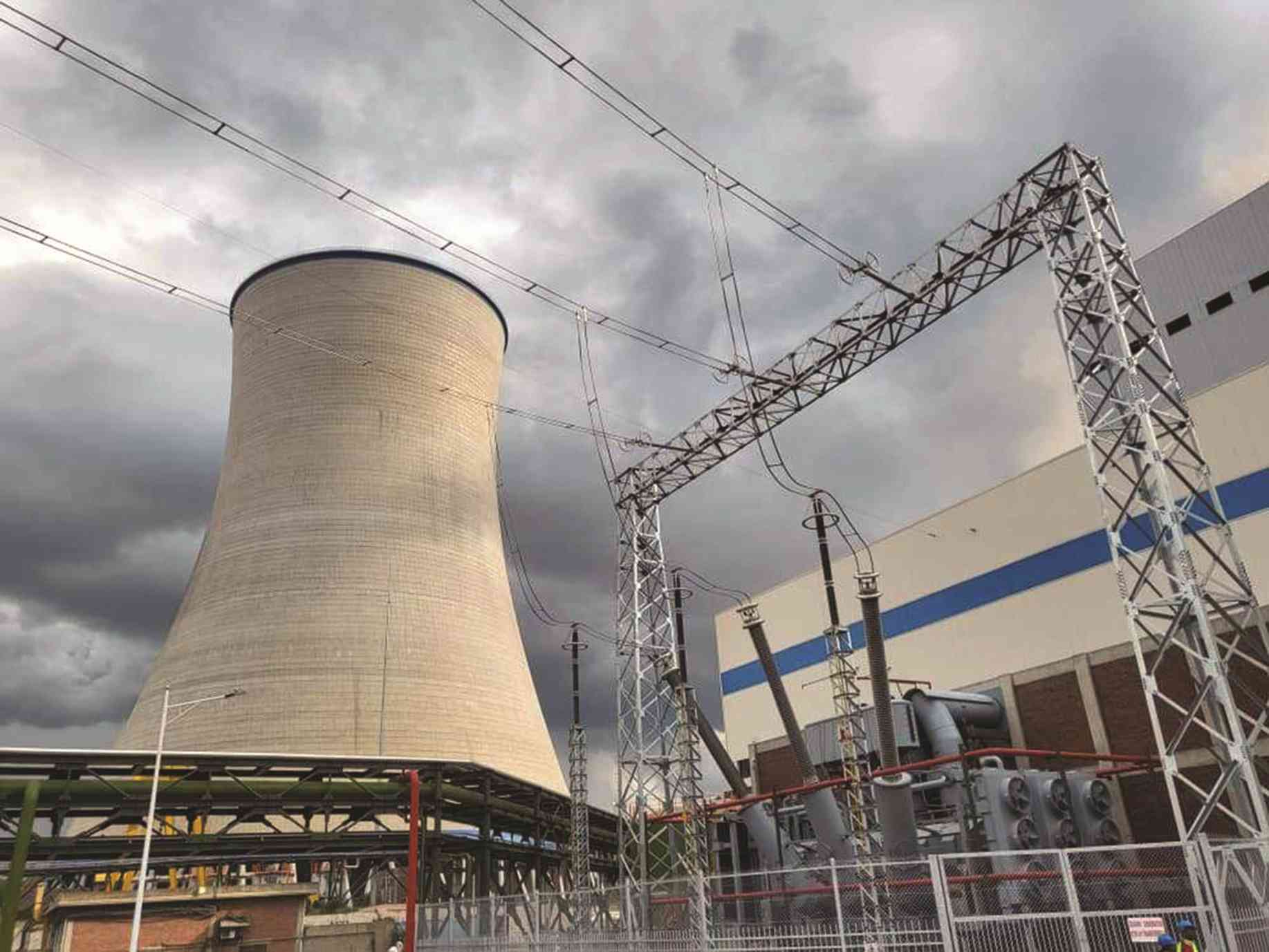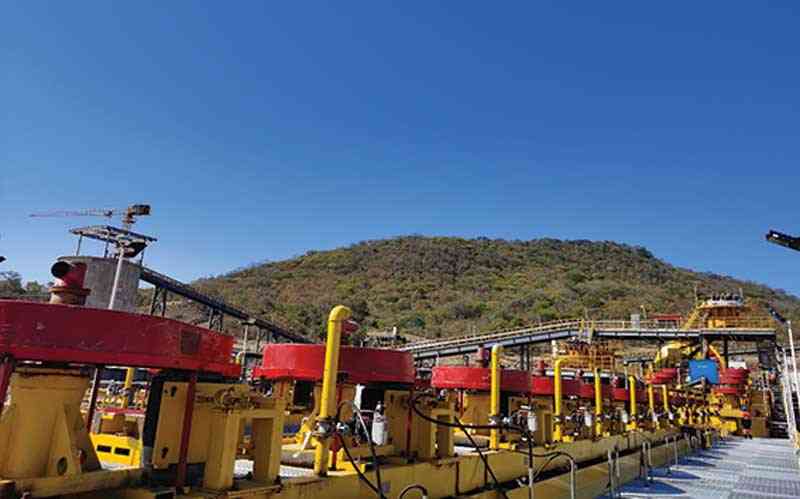
SABI Star Mine, a US$130 million lithium operation commissioned by President Emmerson Mnangagwa in 2022, slipped into a racism storm two weeks ago, with workers approaching the Department of Immigration and the Central Intelligence Organisation (CIO) alleging serious racial discrimination.
Documents seen by the Independent last week claimed Sabi Star’s Chinese human resources manager Zheng Jianhong was at the centre of the dispute.
The reports, which were compiled by workers and sent to the immigration department and CIO, alleged that Jianhong was ‘mocking Zimbabwean culture’, and threatening to fire workers ‘on racial grounds’.
The Independent was told authorities had taken the issue seriously, with a CIO-led investigation underway.
Senior politicians in Buhera, where Sabi Star is based, have also been briefed about the matter, according to sources.
Last week, Jianhong could neither confirm nor deny the allegations. He referred the Independent to the Sabi Star public relations office.
But in their complaint, Sabi Star workers alleged their HR manager, who is also the translator to the firm’s management, was prioritising Chinese nationals working at the mine over locals.
They wanted the department of immigration not to renew Jianhong’s visa on expiry.
- Letter from America: Is former president Donald Trump a hero or villain?
- NoViolet Bulawayo’s new novel is an instant Zimbabwean classic
- Zanu PF shutting down political space
- Jah Prayzah, Zanu PF rekindles ‘lost love’
Keep Reading
“He feels Chinese (nationals) should be prioritised over local people,” the letter reads in part.
“He mocks local cultural behaviours. There is massive racism and discrimination at the workplace. He has shown it in our faces.
“He shouts at employees on racial grounds and discrimination is the order of the day. Employees feel abused. He threatens employees that he will terminate their contracts,” it further alleges.
Sources at the firm said initial indications were that the immigration department were considering not renewing the Chinese national’s visa on the back of the allegations raised by employees.
However, it appeared the visa has since been renewed.
“It came as a shock that the visa of Zheng was renewed following the allegations raised,” one source said.
“He has been a bad example of Chinese investments in the country.”
Emmerson Njanja Mangezi, public relations officer at Sabi Star, said while no workers had approached the firm with the allegations, it did not tolerate racism. He said should workers come forward with an official complaint, investigations will be carried out.
“Due to the multi-cultural mix of staff complement (Chinese expatriates and locals), our organisation is exceedingly sensitive to issues of racism and maintains a zero tolerance on racism,” Njanja Mangezi said.
“The company takes these allegations seriously and if there is evidence for such reports on Mr Jianhong, an investigation will be instituted. Should there be any, the matter will be dealt with decisively according to the specifications of the company’s rules and regulations. We wish to put it on record that we condemn any form of racism in the strongest of terms,” he added.
Sabi Star is owned by Max Minds Investments, which is a unit of the Shenzhen Chengxin Lithium Group, a global operations with a footprints spanning across South America, Africa and Asia.
It began operations in 2001 before listing on the Shenzhen Stock Exchange in 2008.
It is one of several Chinese firms estimated to have poured close to US$1 billion in Zimbabwe’s lithium sector in the past few years, as demand for the mineral booms worldwide.
When Mnangagwa commissioned the operation in December 2002, he said he was happy about its investments into the community.
“The single plant in Buhera, in two years’ time, will be earning about US$2 billion,” he said.
“I am so happy that before the company has started making money here, they have already begun improving infrastructure in this area. They have upgraded the 30km earth road from the main road to this mine.”
But some of the Chinese investors have been accused of several transgressions, such as pollution, environmental degradation and unfair labour practices.
Zimbabwe has the largest lithium reserves in Africa and the fifth-largest deposits worldwide.
It has the highest number of lithium projects under exploration on the continent.
This has, however, triggered the interest of a lot of investors especially the Chinese.


